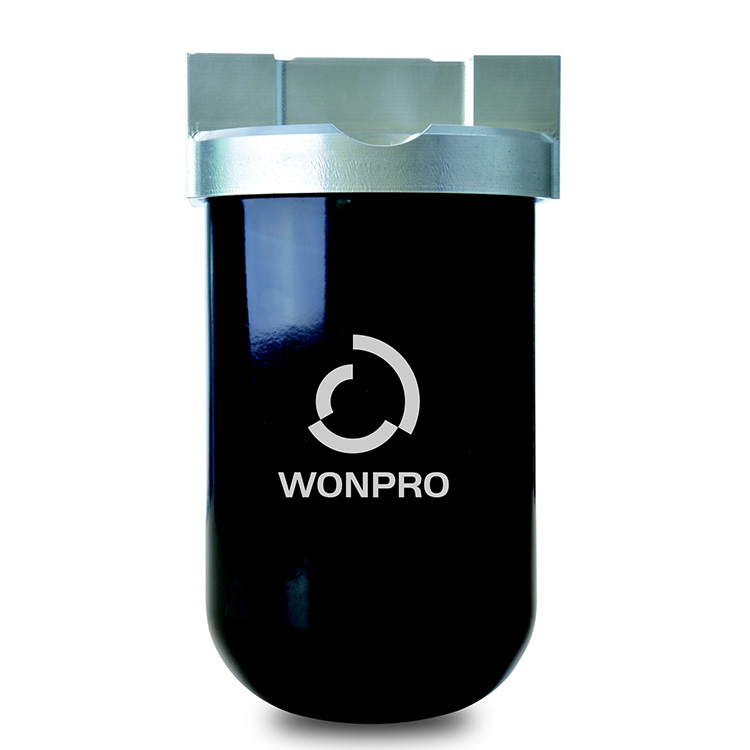The Impact of a Dirty Oil Filter on Vehicle Fuel Efficiency
2024-05-29
Owning a vehicle comes with a responsibility to maintain it properly to ensure its smooth operation and longevity. One of the most critical aspects of regular maintenance is changing the oil and oil filter. But have you ever wondered if a dirty oil filter can affect your vehicle's fuel efficiency? Let's explore this topic in more detail.
The Role of the Oil Filter
Before we delve into the effects of a dirty oil filter, it's important to understand its purpose. The oil filter's main job is to remove contaminants and impurities from the engine oil. As the oil circulates through the engine, it picks up dirt, metal particles, and other debris that can damage engine components if left unchecked. The oil filter traps these contaminants, preventing them from circulating back into the engine.
How a Dirty Oil Filter Impacts Fuel Efficiency
Now, let's discuss how a dirty oil filter can affect your vehicle's fuel efficiency. As the oil filter becomes clogged with contaminants, it becomes less effective at trapping impurities. This can lead to dirty oil circulating through the engine, which can have several negative effects:
Increased Friction: Dirty oil contains more contaminants and debris, which can increase friction between engine components. This increased friction requires more energy to overcome, leading to a decrease in fuel efficiency.
Engine Wear: The presence of dirt and debris in the oil can cause premature wear and tear on engine components. This wear can affect the engine's performance and efficiency, ultimately leading to a decrease in fuel economy.
Reduced Oil Flow: A clogged oil filter can restrict the flow of oil through the engine. This reduced oil flow can lead to inadequate lubrication and cooling of engine parts, which can again lead to increased friction and decreased fuel efficiency.
The Importance of Regular Oil and Filter Changes
Given the potential impact of a dirty oil filter on fuel efficiency, it's crucial to change your vehicle's oil and filter regularly. The recommended interval for oil changes can vary depending on your vehicle's make, model, and usage. It's essential to consult your vehicle's owner's manual or a professional mechanic to determine the appropriate interval for your specific vehicle.
Regular oil and filter changes help ensure that your engine is running smoothly and efficiently. Clean oil and a functioning oil filter help protect your engine from damage, maintain optimal performance, and potentially improve your vehicle's fuel efficiency.
In conclusion, a dirty oil filter can indeed affect your vehicle's fuel efficiency. By changing your oil and filter regularly, you can help ensure that your engine is running smoothly and efficiently, ultimately leading to better fuel economy. Don't neglect this critical aspect of vehicle maintenance!



